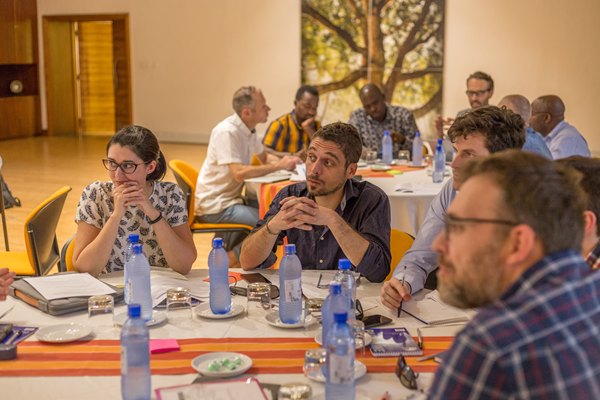A new paper “Large-scale sustainability programming is reshaping research excellence: Insights from a meta-ethnographic study of 12 global initiatives” has just been published in the journal Environmental Science and Policy. The paper was authored by Ying-Syuan (Elaine) Huang, Blane Harvey and Katharine Vincent.
The paper was motivated by the fact that there is increasing demand on researchers to show impact with their work, which expands notions of what research excellence looks like. This shift is particularly relevant for international research undertaken through partnerships between collaborators in the global North and South because the reframing of research excellence has implications for developing capacity of Southern-based researchers.
The study examines twelve large-scale, multi-consortium, transdisciplinary climate resilience research and development programs. It addresses how the notions of research excellence are manifested in these programs and how they are consequently shaping the North-South partnerships and research ecosystem in the global South. A meta-ethnographic approach is used to analyse internal and published documents of the programs. In doing so, a continuum of research excellence (spanning knowledge-driven, demand-driven, and societal impact-driven excellence) and its effects on the research ecosystem are shown.
The paper highlights that current capacity support at both individual and institutional levels have not yet caught up with the increasing expectations placed on researchers in these programs to pursue all dimensions of research excellence. It raises further questions about whether ‘research capacity for impact’ should constitute a defining attribute of an ‘excellent researcher’ for all sustainability researchers in the future.

